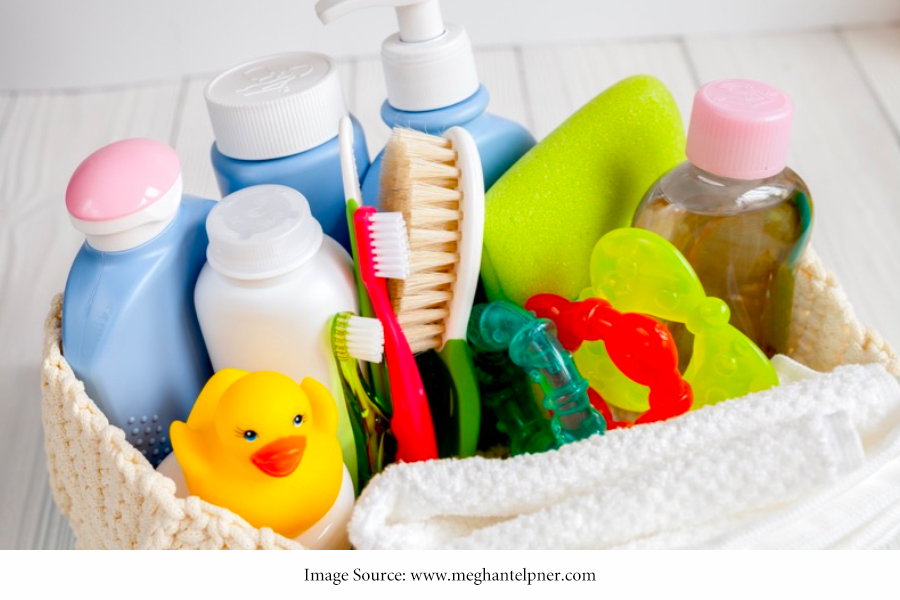
Did you know, the average woman uses 12 separate personal care products daily? What’s more, when added up, these products could contain 168 different chemical ingredients. Of course, not all hygiene products are created equal. Some incorporate low-cost ingredients and synthetic chemical compounds that are considered known carcinogens, while others opt for natural, yet seemingly less-effective elements.
Understanding which to invest in and those to pass up takes research and a careful look at the back of a label. Although this process can be confusing, it’s necessary as several, everyday chemical ingredients have been shown to have adverse effects. To help get you started, here are some potentially harmful chemicals to avoid and a few hygiene product alternatives to consider.
When moving through your day, it may seem second nature to use hand sanitizer, deodorant, scented soap, and lotion on your skin. However, while considered safe in small amounts, various ingredients in these skincare items could be detrimental in the long run. A prime example of this is parabens. Often found in deodorants, parabens are believed to interact with hormones and possibly lead to cancerous cell growth.
The same can also be said for aluminum and phthalates. These substances are utilized in skincare merchandise as they help the product stick to your skin. Other hormone disruptors to avoid include triclosan and triclocarban, which are used in hygienic products to prevent bacterial growth. These two antimicrobial ingredients were banned by the FDA in 2016 but some over-the-counter personal care products may still contain them. Triclosan and parabens can also be found in some toothpastes. Although all-natural toothpastes may be just as effective as antimicrobial-based ones, it’s important to speak with your dentist for help in verifying the best ADA-certified alternative.
As you shop around for hygiene products, be sure to look for ones advertised as paraben-, phthalate- and fragrance-free. Be aware that chemical names are often hidden under a broad term to avoid disclosing exactly what it is, such as “fragrance.” It’s best to avoid terms like this as they could be masking an allergen, harsh chemical or any of the hormone disruptors mentioned above. Instead, look for natural herbal scents you recognize or consider using CDC-approved essential oils to give your hygienic products fragrance. Another route is to use plant-based products or simple alternatives to commercial products. For instance, safflower oil can be used as a skin moisturizer, and coconut oil as a hair conditioner.
While it may feel like it, you don’t need a chemistry degree to find the right products. Next time you’re at the store or shopping online, consider opting for products with fewer, more-natural ingredients and steer clear of the chemicals listed above. By switching out one or two toxic products in your personal care routine, you could make a big difference in your cumulative exposure to harmful chemicals.
For additional examples of hygiene product alternatives, please see the accompanying resource.
Resources
https://www.bigbluewaves.net/hygiene-products-great-natural-alternatives/
https://www.meghantelpner.com/blog/13-ingredients-to-avoid-in-personal-care-products/
https://celebratewomantoday.com/natural-alternatives-to-personal-care-products/
https://silentspring.org/detox-me-app-tips-healthier-living/tips-personal-care
https://www.ncbi.nlm.nih.gov/pmc/articles/PMC5644973/
Infographic Provided By Dental Health Specialist, Stephen Wallace DDS
